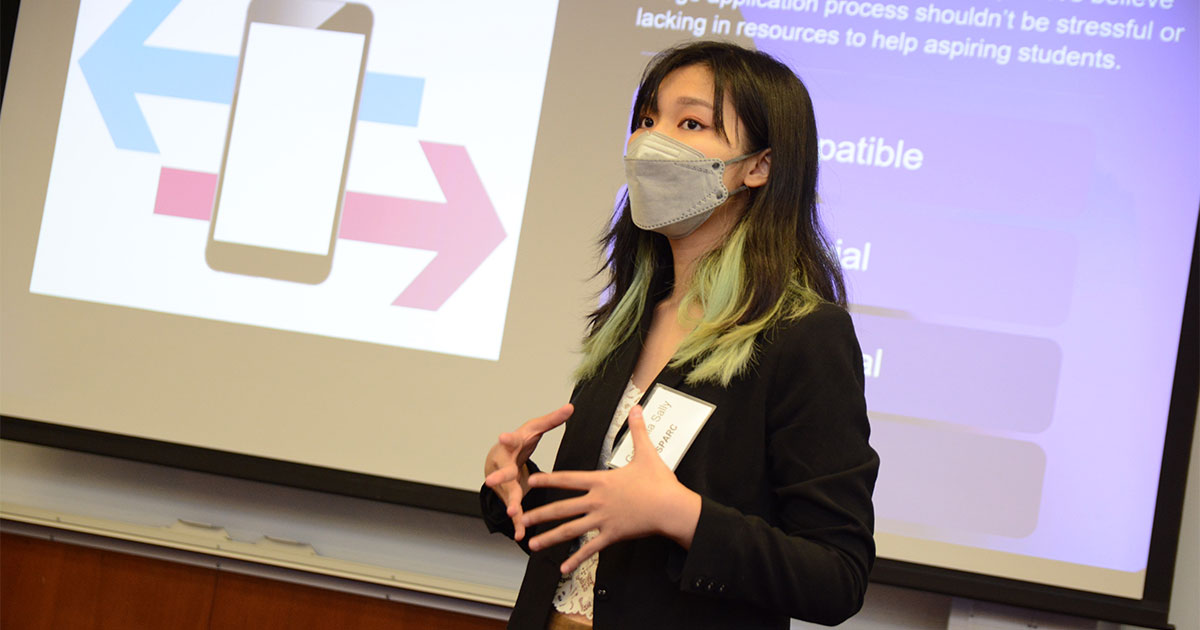Dr. Anthony Fauci, during his recent video conference testimony before the U.S. Senate Committee on Health, Education, Labor and Pensions, described a “Shark Tank”-like process in which the National Institutes of Health (NIH) urged scientists and innovators to compete in a $500 million race to create new COVID-19 tests. The program is part of the Rapid Acceleration of Diagnostics initiative, a federal program created this week through $1.5 billion in stimulus funds. “We need all innovators, from the basement to the boardroom, to come together to advance diagnostic technologies, no matter where they are in development,” NIH Director Francis Collins said in a statement.
I’ve never thought to associate the highly respected, data-focused and necessarily methodical NIH with a reality television show. But, I applaud this model to accelerate diagnostic testing capacity through a public call for innovation. It’s a model of using entrepreneurial leadership during a crisis. Utilizing an entrepreneurial approach to the world’s greatest and immediate need is exactly the kind of out-of-the-box thinking that could fast-track discovery which will save lives.
Utilizing Entrepreneurial Leadership in a Crisis
这个流行的开始以来,我们已经看到公关ofessionals from all walks of life embrace agility, resiliency, and problem-solving attributes, all core to the entrepreneurial spirit. Hospitals created new protocols and temporary set-ups to triage, test, and treat patients. Educators and companies turned to virtual solutions to conduct their work. Manufacturers transformed operations to produce PPE and ventilators. Even governments have been open to nontraditional and flexible containment strategies and responses.
Everything is on the table. That’s a real-world application of entrepreneurial leadership, and particularly leadership in a crisis.
Entrepreneurial leaders think boldly, armed only with limited data and constantly changing variables. They are uniquely able to connect social and economic values to make sustainable and purposeful change. Each step forward brings the reward of more resources, finances, and collaborative partners. Each step also involves the periodic need to retest the premise, reassess, retool, and recommit.
There’s a reason why historians talk about arcs of history. The process of innovation is never a straight line to the future. But, innovators never stop moving forward. Along the way, entrepreneurs’ trials create lessons learned that share knowledge and pave the way for others. Sometimes it’s the innovators just behind the indefatigable pioneers who ultimately achieve the objective.
“创新过程从来都不是未来的直线。但是,创新者永远不会停止前进。“
Stephen Spinelli Jr.MBA'92, PhD
已经超过10万名美国人从Covid-19死亡,数百万人没有就业机会。通过激励多个人和实验室来全新的新诊断,NIH认为它将在夏季结束时将最佳诊断候选人部署到美国社区。这将提高我们的国家信心,援助我们的经济复苏,希望帮助我们更接近疫苗。
Entrepreneurial leadership is a journey. Leadership in a crisis is essential. There’s no road map for the novel coronavirus. But, the same attributes that enable entrepreneurial leaders to make decisions, solve problems, and create value while others are still analyzing the situation are what will successfully lead us forward.
I am confident that this unique approach by the NIH will attract innovators with massive curiosity, perseverance, boundless networks, and the ability to stay balanced during disruption. And, as a result, these innovators from basements to boardrooms will reach the goal.
Posted inResearch & Insights











